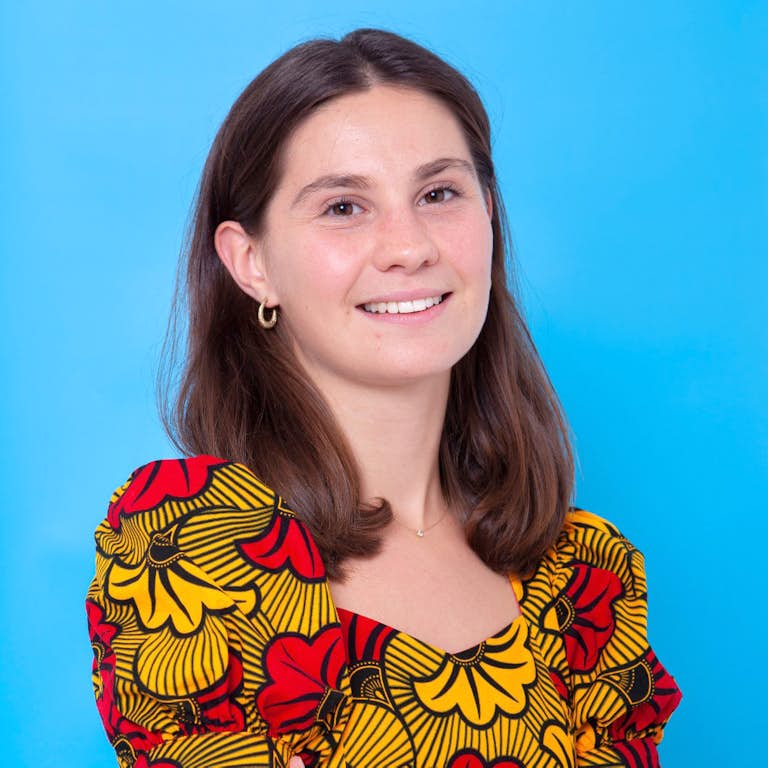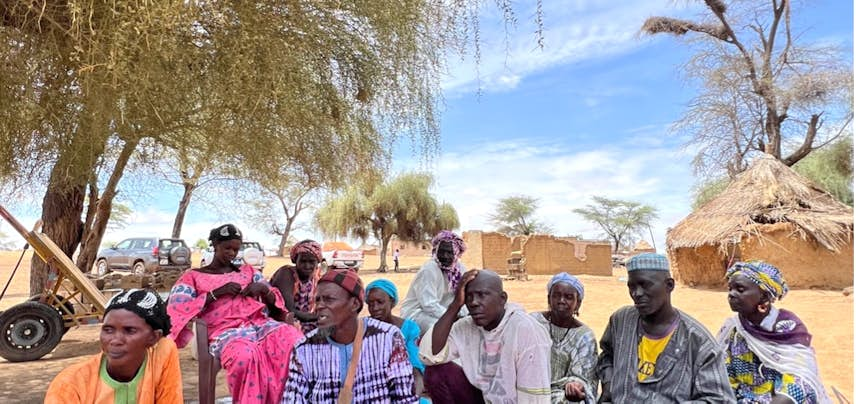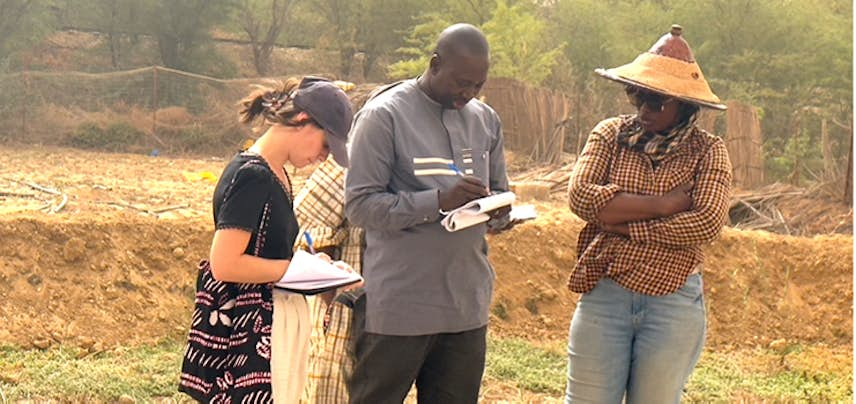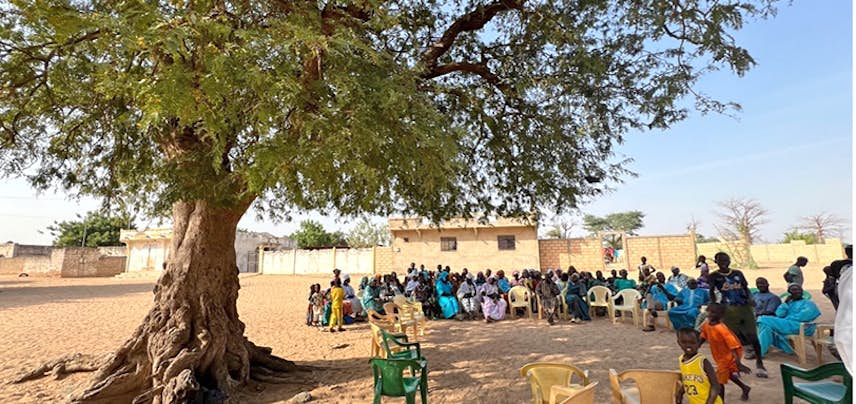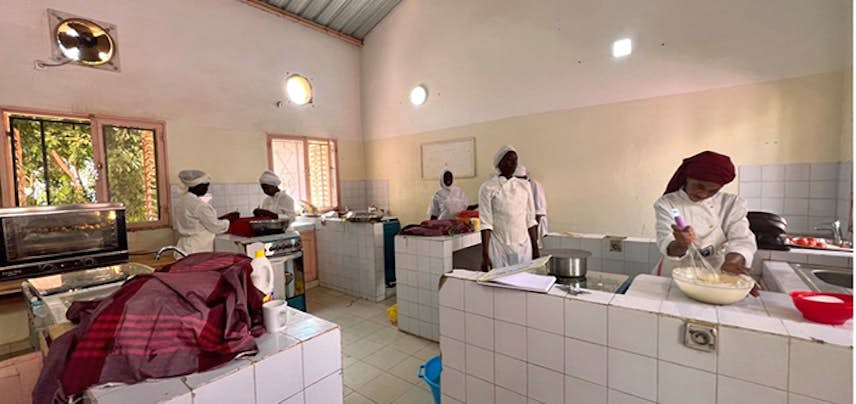Personal stories
This diversity is interesting because it highlights the importance of strong coordination between political and technical dimensions.
Read more
After gaining some experience within political institutions, where I had the opportunity to work on development and humanitarian assistance issues, I wanted to get closer to the field – and, above all, to the beneficiaries. I wanted to better understand the realities on the ground, and to grasp the challenges and needs linked to development issues. That is why I decided to participate in the JTA programme.
Currently, I am a JTA supporting the programme officers and the resident representative of LuxDev Senegal, unlike other JTAs who are attached to a specific programme. This allows me to follow a range of dossiers and to work more on coordination aspects with partners from the various Senegalese ministries, the embassy and other technical and financial partners in Senegal. This diversity is interesting because it highlights the importance of strong coordination between political and technical dimensions.
It also gives me the opportunity to understand the different procedures governing the operation of a development cooperation agency.
My work may seem highly administrative, but when it involves cross-cutting issues such as human rights and gender, it becomes strategic, analytical and even diplomatic. These are often the moments when cultural differences become most apparent, requiring special attention, agility and respect. That is precisely what makes the job so fascinating, in my opinion.
Opportunities to go on a mission are real highlights for me. Since I am not attached to a specific programme, I have had the opportunity to carry out a variety of missions: from a health centre on the Saloum islands to a technical training centre in Sédhiou in Casamance, and even to a livestock project run by a women’s economic interest group of about a dozen Fulani women in Podor, in northern Senegal.
These missions have allowed me to see the strength and resilience of young girls at the regional centre supporting survivors of violence, and to discover an abandoned village, scarred by the conflict in Casamance, cleared of landmines and waiting for the return of those who had fled. What stands out the most is seeing the resilience, and at times the passion, of certain beneficiaries who, in the face of adversity, keep getting back up again.
It is seeing what might seem like a small action, a disbursement or an administrative procedure actually having a significant and tangible impact, bringing meaning to the beneficiaries. This reinforces the idea that development cooperation is not a sector to be dismantled, but one to be improved.
